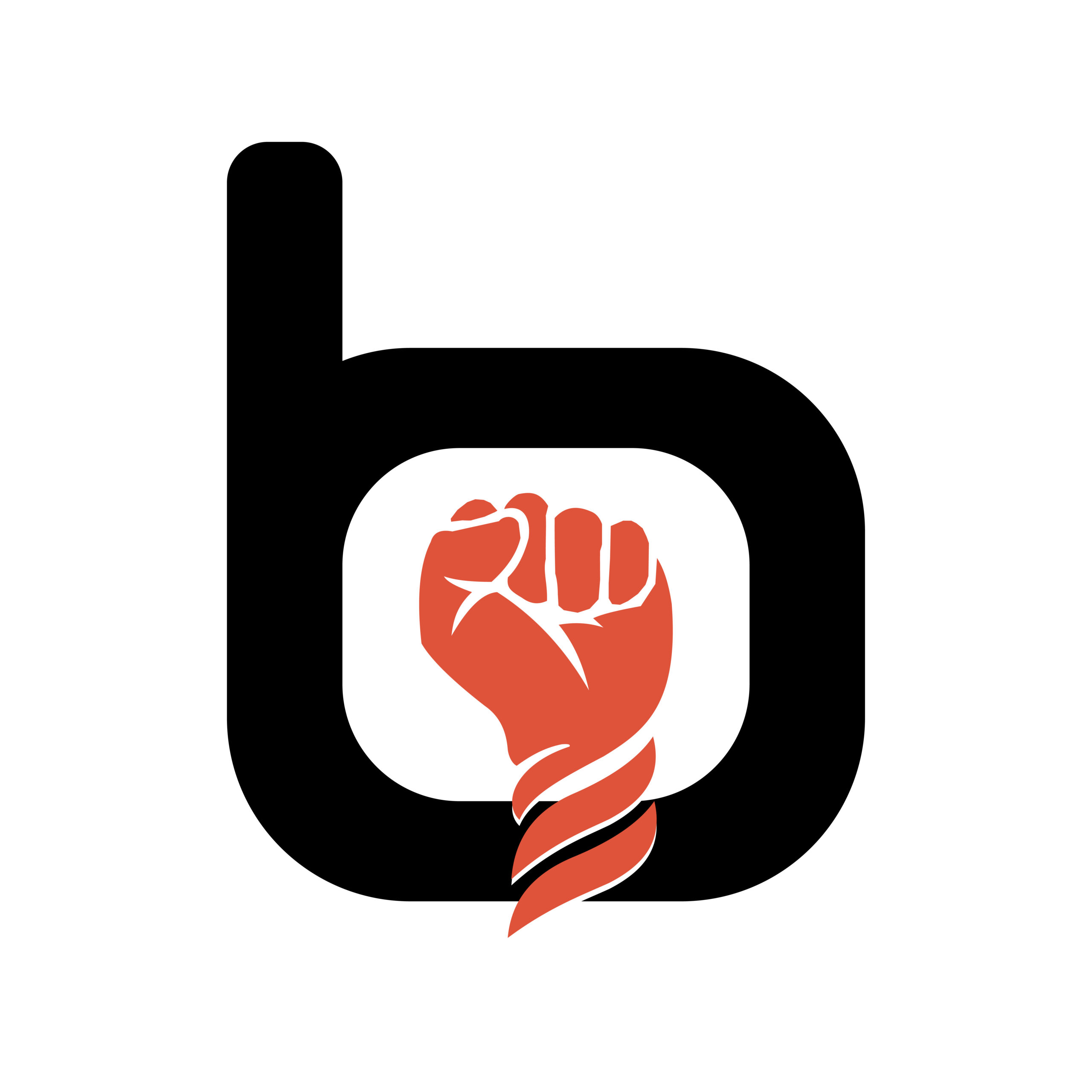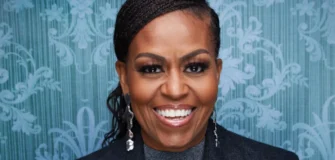Jim Clyburn Calls Project 2025 “Jim Crow 2.0”
Share
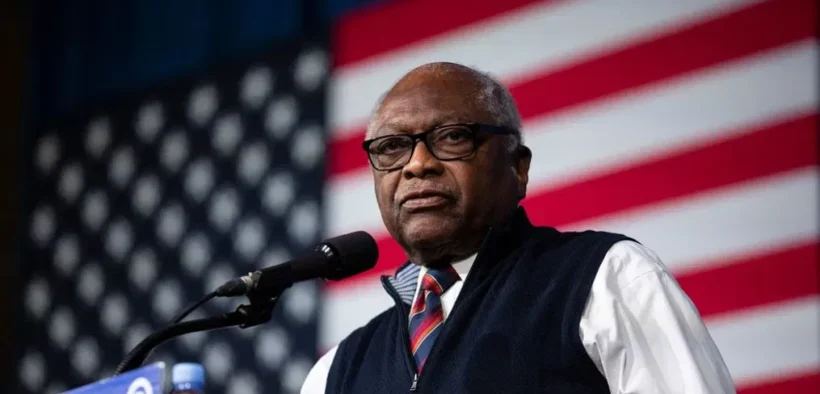
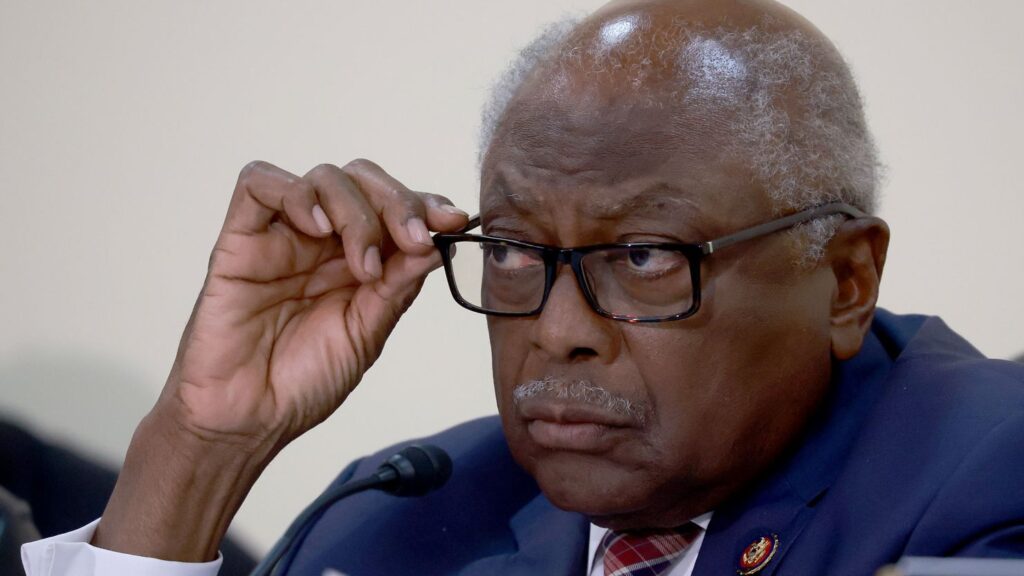
When Congressman Jim Clyburn the only Democrat in Congress from South Carolina and a towering figure in American progressive politics steps into the metaphorical ring, you pay attention. And recently, he did just that. In a conversation with former DNC Chair Jaime Harrison on the At Our Table podcast, Clyburn declared the conservative blueprint known as Project 2025 to be nothing less than “Jim Crow 2.0.”
That’s not a throw-away soundbite. Clyburn went on to connect the dots from the post-Emancipation struggles of Black Americans after the Civil War, through the dark era of segregation, to what he argues are the contours of a new, systemic threat under modern policy agendas. He said:
“Project 2025 is Jim Crow 2.0. … even the violence that you see today, is reflective of what was going on after the Reconstruction or the Emancipation Proclamation, which was 1863.”
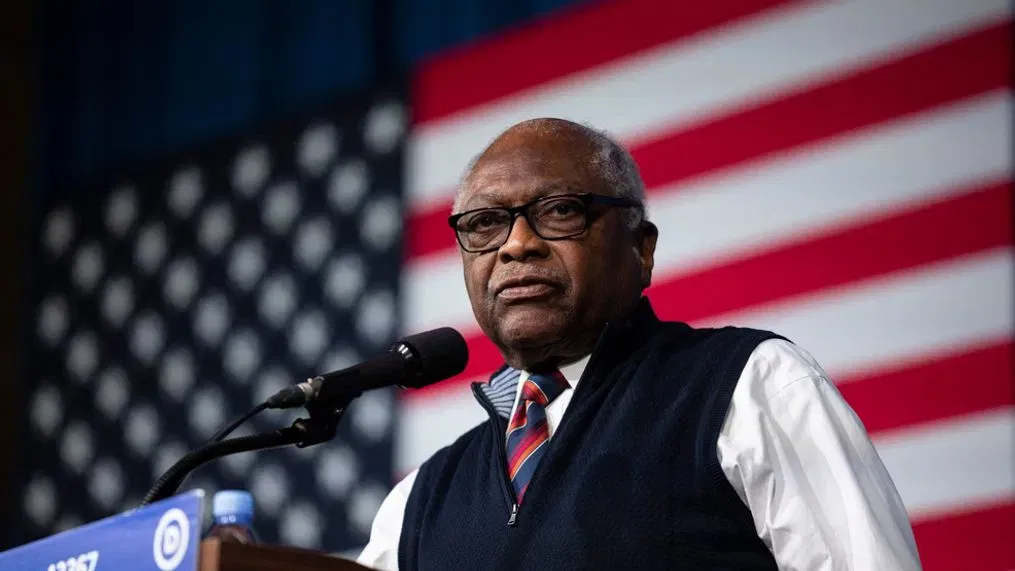
What does Clyburn mean by that? In his view, Project 2025 backed by conservative institutions like the Heritage Foundation and flagged as the transition manifesto for a possible next conservative administration represents a sweeping effort to roll back federal protections, reshape civil service, curtail voting rights, and reduce the role of government in key social safeguards.
For Clyburn, the rhetorical shock is the point: linking modern policy proposals with one of the darkest chapters of American history serves as a warning. The Jim Crow era legally enforced racial segregation, suppressed Black votes, and institutionalized inequality. By calling Project 2025 “Jim Crow 2.0,” Clyburn is saying: if you think the battles are over, think again. The legalistic and institutional foundations may differ, but the structural aim power with few checks, rights for some, restrictions for others echoes the past.
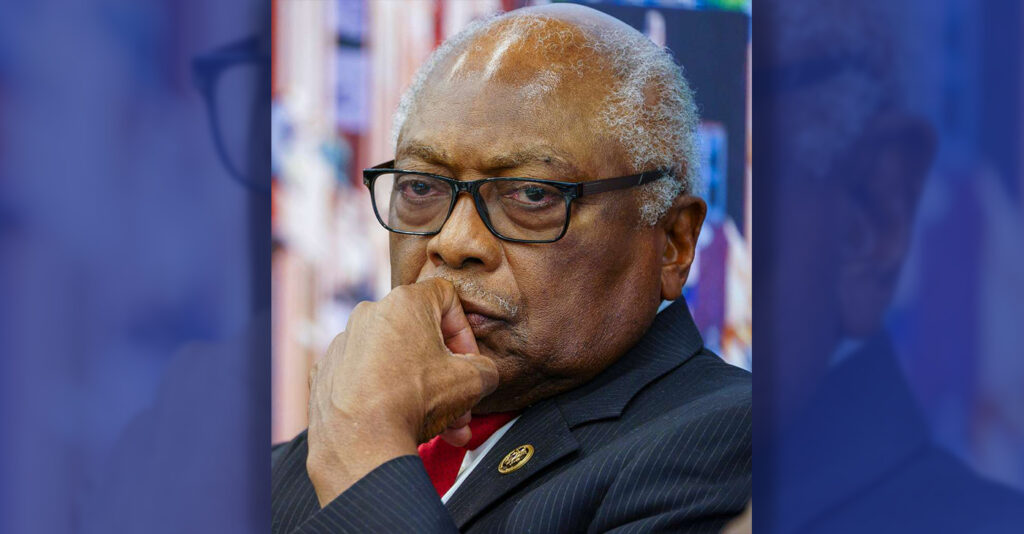
But this isn’t just alarmist talk. Clyburn has been arguing for years that civil-rights gains are fragile, and progress is not automatic. His resume speaks volumes: decades in public service, grounding in grassroots civil-rights activism, major influence in national Democratic strategy and policy.
In this moment, his voice carries an urgency. He warns that the violence, the suppression, the disenfranchisement we see creeping into public life are not anomalies they are signals. Signals that what many believed to be settled may not be. For younger generations, he says, the historical context must be understood: the emancipation of slaves, the promise of Reconstruction, the counter-revolution of Jim Crow, the civil-rights movement, and now the contested terrain of 21st-century policy battles.
In his words:
“You have to explain to young men that [historical] understanding … then trying to take them to where you think they ought to be as we look to the future.”
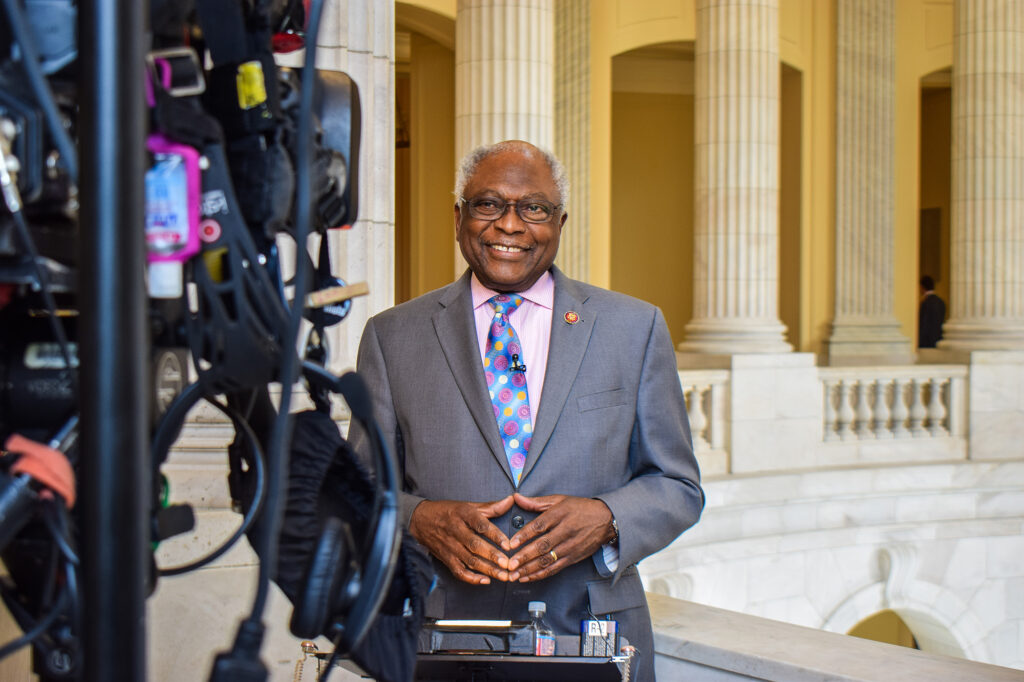
So what’s next? If Clyburn is correct, this conversation will shape not just elections but the structure of governance, institutional accountability, and civil rights protections for generations. He’s casting Project 2025 as more than a policy agenda it’s a potential inflection point in American democracy.
For those watching, the takeaway is clear: When a political veteran with deep roots says “Jim Crow 2.0,” you stop and ask: what are we witnessing, and how will we respond?
